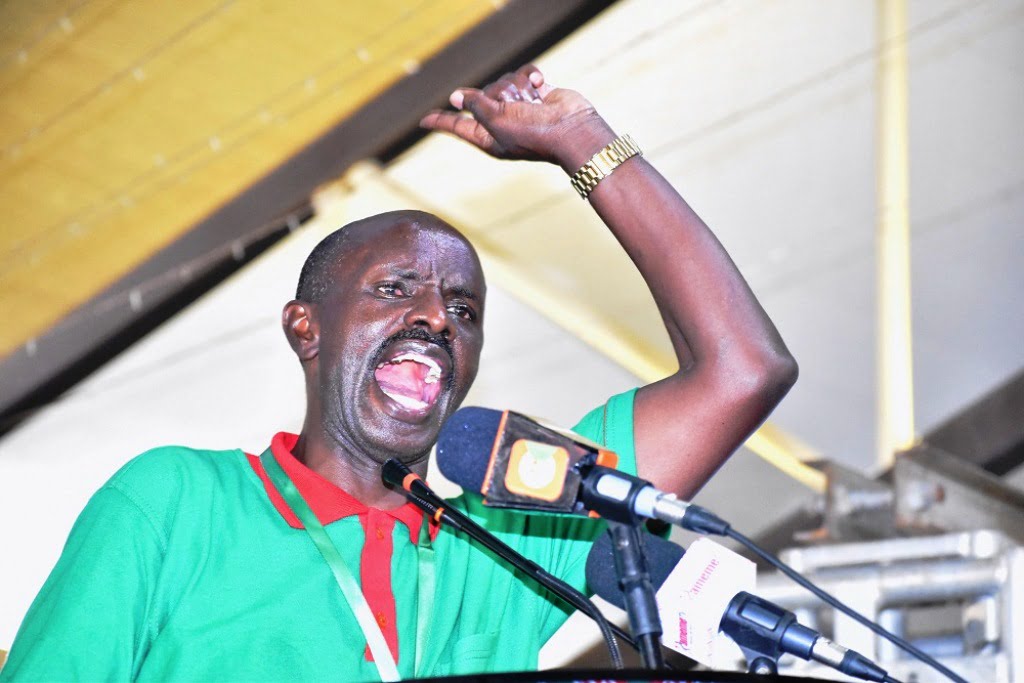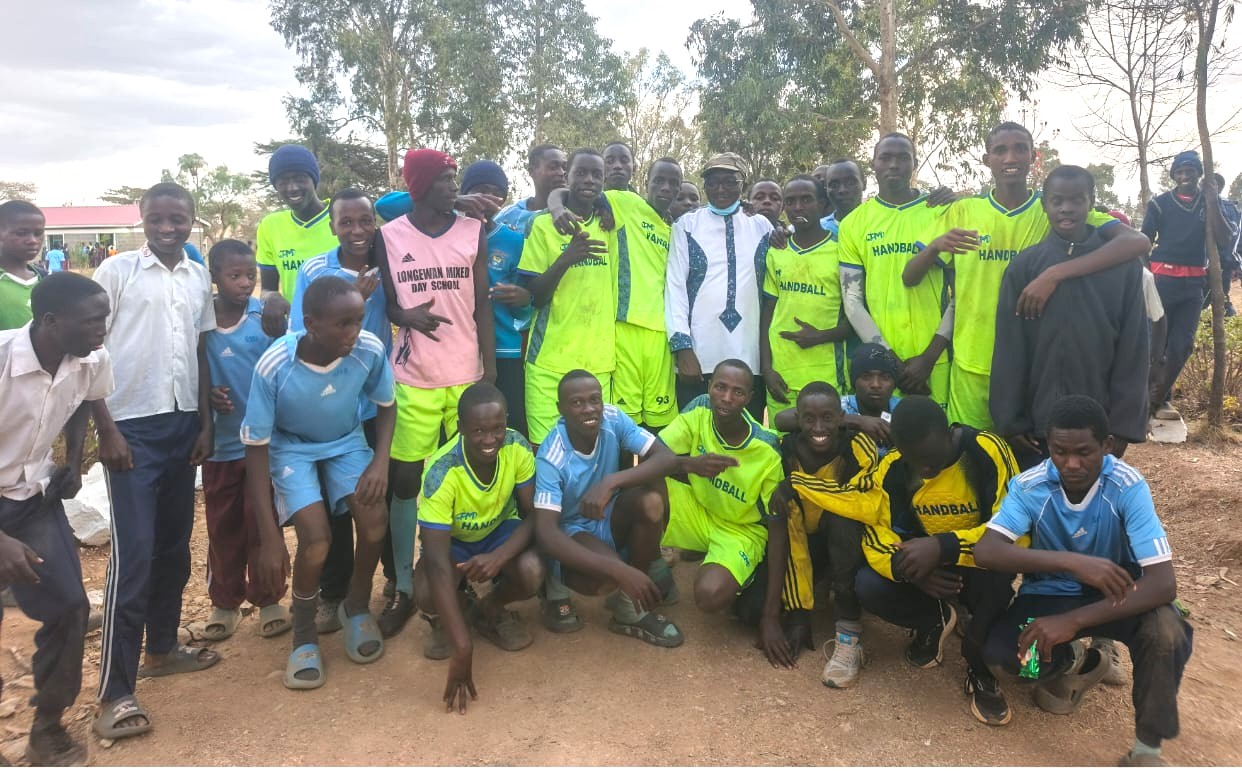The surge of impassioned demonstrations across the country has spilled over into the halls of academia, profoundly shaping the educational landscape. What was once a sanctuary of learning has become a microcosm of the ideological conflicts raging beyond the schoolyard gates.
Navigating this new reality has proven a delicate balancing act. On one side, students are demanding their voices be heard, staging walkouts and sit-ins to call attention to a host of social and political issues. On the other, there are concerns that such activism is disrupting the core mission of schools and universities — to provide a well-rounded education free from the distractions of partisan agendas.
“It’s a very fine line we’re walking,” says Thomas Engler, the President of a Large State University. “We want to encourage civic engagement and the free exchange of ideas. But we also have a responsibility to ensure the educational process isn’t compromised.”
This tension has manifested in a variety of ways. Some institutions have cracked down, implementing strict codes of conduct and security measures to limit protest activity. Others have embraced the unrest, integrating protest movements into curricula and using campus resources to amplify student voices.
READ ALSO:
Inevitably, these approaches have drawn criticism from all sides. Proponents of unfettered free speech decry the clamping down on dissent, while more conservative voices argue that schools have become breeding grounds for radical ideologies.
Yet, amid the turmoil, there are signs that the education sector is being transformed in profound ways. Educators are rethinking classroom dynamics, placing greater emphasis on teaching critical thinking and media literacy. Students, meanwhile, are emerging as a potent political force, harnessing the power of collective action to drive social change.
“This is about more than just what happens in the classroom,” says Jane Russo, a high school history teacher. “It’s about shaping the future of our society. And that’s something worth fighting for.”
Tonny Kyule
Kyule is a Rongo University student in Migori County
You can also follow our social media pages on Twitter: Education News KE and Facebook: Education News Newspaper for timely updates.
>>> Click here to stay up-to-date with trending regional stories






